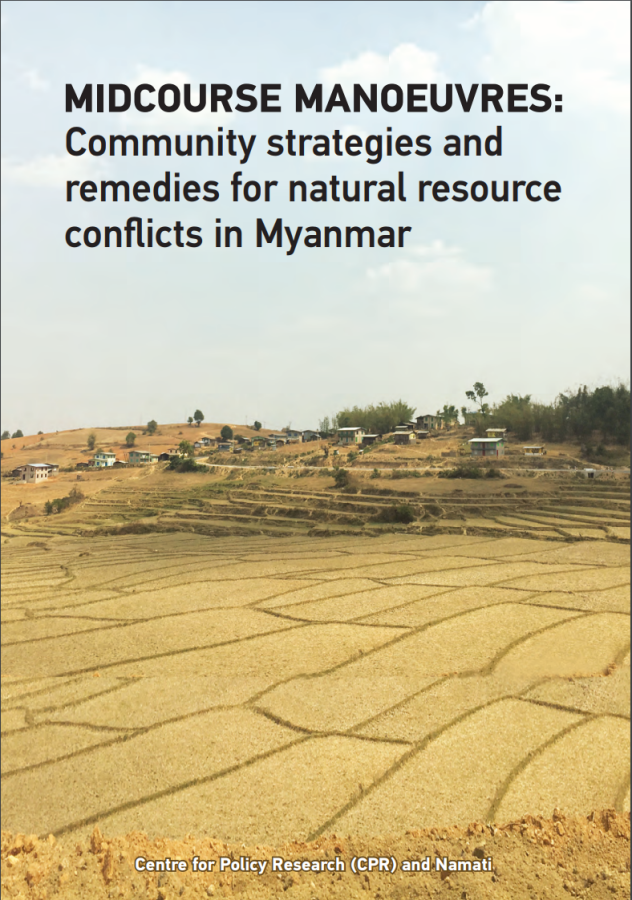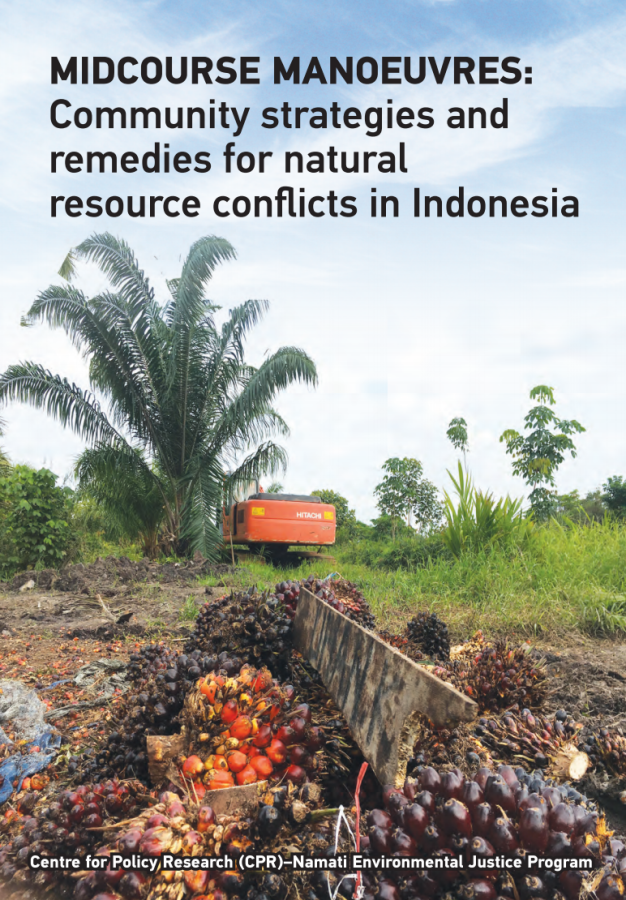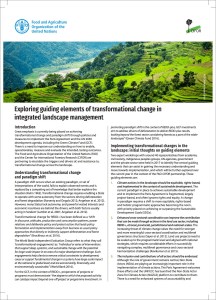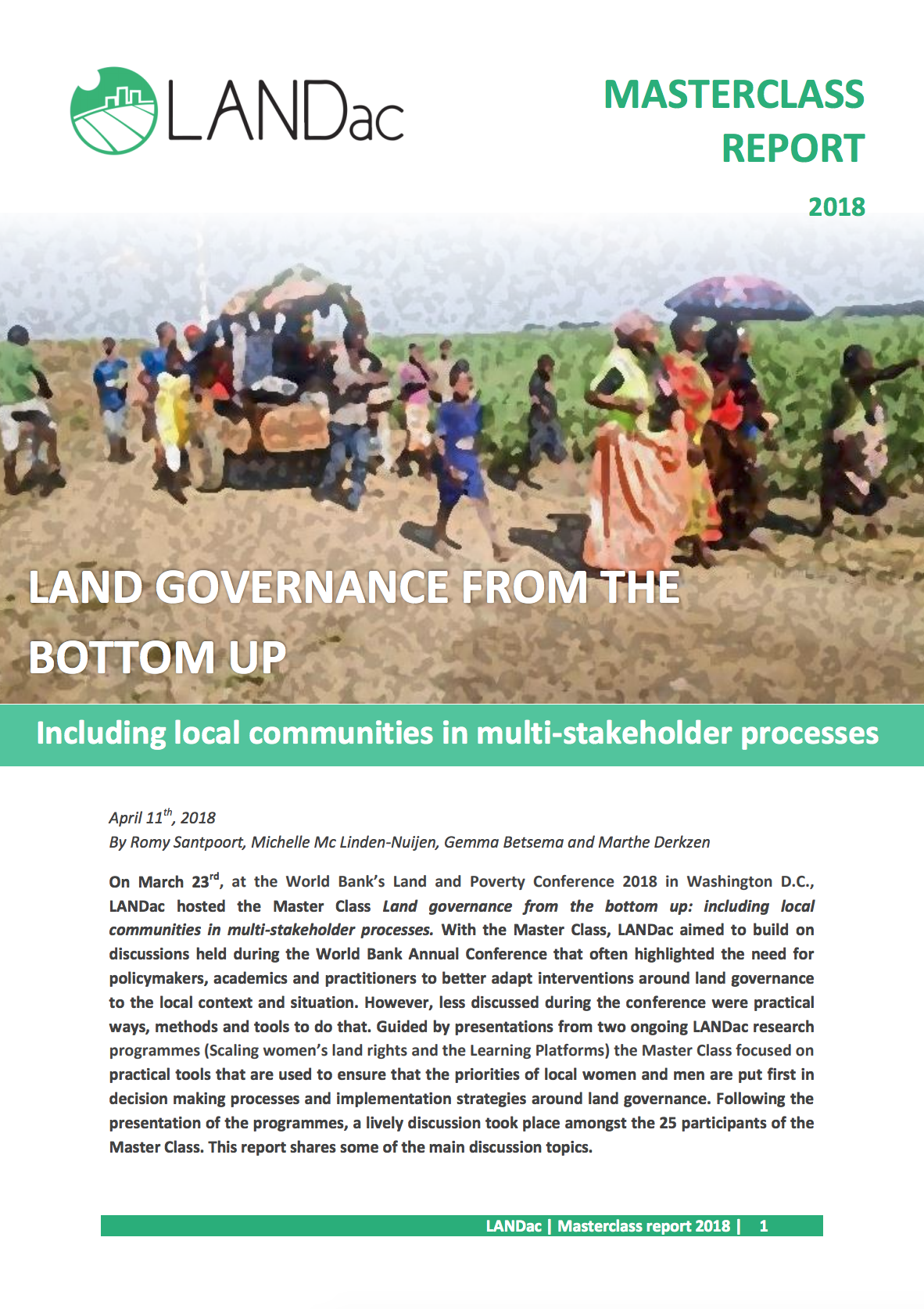Midcourse Manoeuvres: Community Strategies and Remedies for Natural Resource Conflicts in Myanmar
Since the 1960s, and particularly in the last decade, Southeast Asia has been attracting significant foreign investments. Myanmar, despite its land titling and registration tangles, is no exception. Investors all across the globe are vying for a piece of the “Golden Land” and the country is responding with equal fervor.










